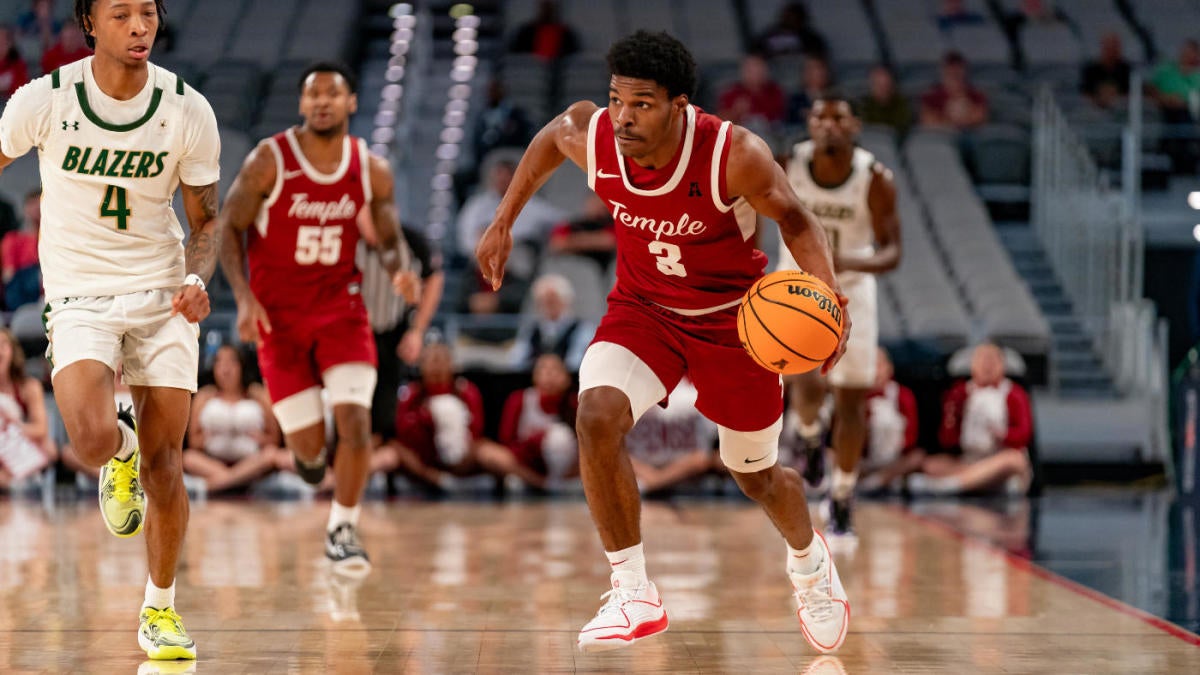Bussiness
Betting markets nailed Trump’s decisive win — and it’s a good reminder they can be more accurate than polls
- Prediction markets swung in favor of Trump in the weeks before his victory, as polls showed a virtual tie.
- Proponents point to a number of factors that make betting markets more accurate.
- They say the public could start trusting prediction markets more if polls don’t improve.
In the weeks before Donald Trump’s victory, polling showed the former president locked in a dead heat with Vice President Kamala Harris.
Prediction markets, though, told a different story.
Trump started showing a solid lead on betting markets like Polymarket, PredictIt, and Kalshi in mid-October, and those odds mostly rose in the weeks before Election Day.
The odds slightly narrowed in the few days before, but by the time the first major polls closed at 6 p.m. ET Tuesday evening, the markets showed around 60% odds for Trump.
They reacted quickly amid a slew of outcomes from individual states, and by 1:30 AM on Wednesday, they predicted over 98% chances of a Trump win, according to the Election Betting Odds tool.
That was still hours before major news outlets called the election
Prediction site founders and researchers have long argued that betting markets are more accurate than traditional polling. This week was the biggest demonstration to back up that claim.
“They’ve always been accurate. They just got a lot more interest now,” Tarek Mansour, cofounder of prediction market Kalshi, told Business Insider. Kalshi is the only betting site for US users to wager on political races.
Kalshi saw a huge influx of traffic the night of the election, with 123 million site views in the 24 hours before the race was officially called, he said.
Those numbers point to a growing sense of trust in betting markets among voters, which will help platforms like Kalshi gain mainstream prominence, Mansour says.
“I don’t think we’re going back. I think this is the dawn of a new era for prediction markets, and prediction markets are here to stay,” Mansour said. “People are not going to go back to mainstream news and polls after this. Prediction markets are basically the ultimate thing that people are going to look at now,” he added.
Why betting markets got it right
Betting experts say prediction markets have a few key advantages over polls, and much of it comes down to the motivation behind the participants: rather than asking who a voter wants to win, prediction markets ask who they think will win.
Putting money on the line—potentially tens of millions in the case of one French trader—means participants have to be very confident in their prediction. That means those with high conviction and potentially better information are especially drawn to the sites.
If a trader is willing to put so much money down, they must have a particularly high conviction in their bet and could be based on information that isn’t publicly available, or simply on keen observer of the latest development, Rutgers University statistics professor Harry Crane told BI.
Experts also point to prediction markets’ ability to respond to new developments in real time, which proved especially powerful this year given a number of extremely influential events, according to Northwestern University’s Thomas Miller.
Miller, who runs election forecasting model The Virtual Tout, points to particularly big swings after President Biden dropped out of the race and endorsed Harris, plus two assassination attempts against Trump.
He says markets responded immediately while polls lagged.
“Prediction markets can be volatile. They can be responsive to current and campaign events. They do move, and they can move significantly. This election is an extreme case of that,” Miller said.
Others also point to the huge volumes traded on this election cycle, and say that prediction markets will only become more accurate with more volume.
Crane says that if the CFTC’s strict regulations on betting markets allow for more US participation, that will increase volume, making it less likely that any attempts at market manipulation will actually work.
“I think that no limitations is actually the way to go if we want to have better, cleaner, more accurate markets,” Crane told BI in a previous interview.
Prediction market proponents say the failure of polling will likely pressure pollsters to get better in coming election cycles.
“Prediction markets are basically the ultimate thing that people are going to look at now,” Mansour said, adding, “It’s going to put pressure on the polls. Polls have to get better, otherwise people are not going to trust them,” Mansour said.
If they don’t improve, the betting markets could replace them entirely, he predicted.
Others, though, are skeptical even after the latest election.
Davide Accomazzo, a finance professor at Pepperdine Graziadio Business School, says the election’s final result remained within the margins of error of traditional polls, showing they weren’t necessarily inaccurate but in need of refining.
“The ultimate result wasn’t outside the statistical margin of error that the polls have indicated. What is interesting, however, is that every single margin of error went in favor of Trump. So that obviously tells you that there was something fundamentally wrong, given the construction of these traditional polls,” he said, adding that could underscore a mistake in underestimating a non-traditional candidate.









